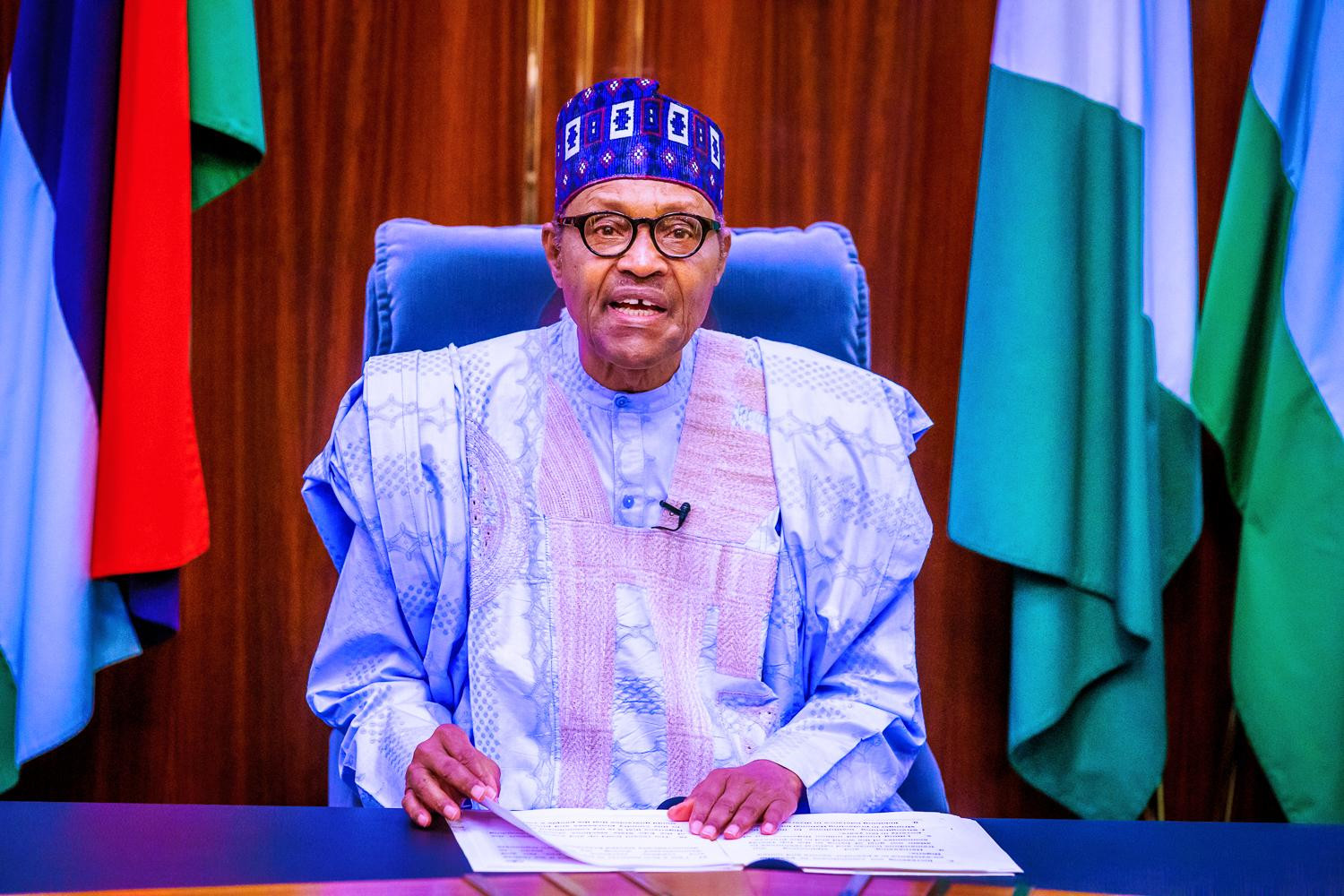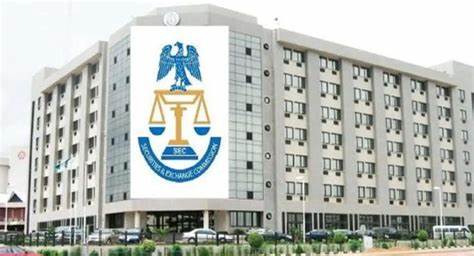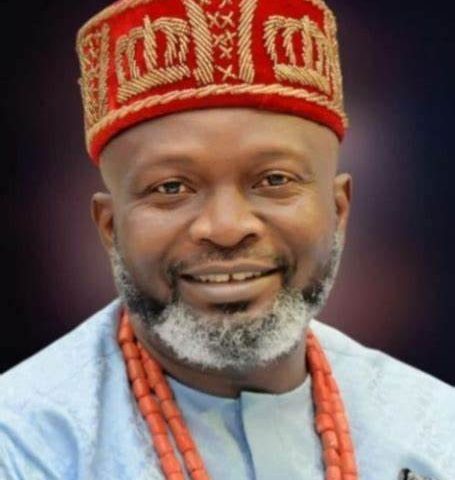President Muhammadu Buhari has finally signed the long-awaited Electoral Act Amendment Bill 2021 into law.
Buhari signed the Bill at a ceremony on Friday, which was witnessed by the Senate President, Ahmed Lawan, Speaker House of Representatives, Femi Gbajabiamila, Chairman of the Nigerian Governors’ Forum (NGF), Dr Kayode Fayemi, among others at the State House, Abuja.
The president who said he received inputs from various ministries, departments and agencies of government to ensure that the law is rich, noted that it comes with a great deal of improvement meant to reduce controversies and ambiguities in the electoral process.
Join our WhatsApp ChannelHe praised some sections in the Act for having the potentials to engender true democracy by ensuring a free, fair and credible electoral exercise.
Buhari had refused to give his assent to the Electoral Act Amendment Bill after it was passed by the National Assembly and transmitted to him in November 2021.
His reason for declining to sign the Bill into law then was because it contained a clause that made it mandatory for political parties to conduct direct primaries for selection of candidates for general elections.
Prime Business Africa had reported that President Buhari refused to sign the Bill into law because he was advised by some members of the executive arm that the compulsory direct primaries would place heavy burden on the government.
The president therefore returned the Bill to the National Assembly, urging the lawmakers to review provisions of Bill and reflect the observations he made for him to sign into law.
The lawmakers in both upper and lower chambers of the parliament reviewed the Amendment Bill and on January 30, forwarded to the president for assent.
Buhari while addressing the gathering at the State House on Friday, said, “It is gratifying to note that the current Bill comes with a great deal of improvement from the previous Electoral Bill 2021. There are salient and praiseworthy provisions that could positively revolutionize elections in Nigeria through the introduction of new technological innovations. These innovations would guarantee the constitutional rights of citizens to vote and to do so effectively.
“The Bill would also improve and engender clarity, effectiveness and transparency of the election process, as well as reduce to the barest minimum incidences of acrimony arising from dissatisfied candidates and political parties.
“These commendable efforts are in line with our policy to bequeath posterity and landmark legal framework that paves the way for credible and sound electoral process that we would all be proud of.”
He however, pointed out a provision in section 84(12) of the Act that needs the National Assembly to further review.
According to President Buhari, the clause constitutes disenfranchisement of serving political office holders from voting and being voted for at congress or convention of any political party.
It says: “No political appointee at any level shall be voting delegate or be voted for at the Convention or Congress of any political party for the purpose of the nomination of candidates for any election.”
The president observed that the provision has introduced an issue of “qualification and disqualification” which runs contrary to the constitution, adding that it is “a blanket restriction and disqualification to serving political office holders of which they are constitutionally accorded protection.”
“The practical application of section 84(12) of the Electoral Bill, 2022 will, if assented to, by operation of law, subject serving political office holders to inhibitions and restrictions referred to under section 40 and 42 of the 1999 Constitution (as amended).
“It is imperative to note that the only constitutional expectation placed on serving political office holders that qualify, by extension as public officers within the context of the constitution is resignation, withdrawal or retirement at least 30 days before the date of the election.
“Hence, it will be stretching things beyond the constitutional limit to import extraneous restriction into the constitution on account of practical application of section 84(12) of the bill where political parties’ conventions and congresses were to hold earlier than 30 days to the election.
“Arising from the foregoing, with particular regards to the benefits of the Bill, industry, time, resources and energy committed in its passage, I hereby assent to the Bill and request the Nationally Assembly to consider immediate amendments that will bring the Bill in tune with constitutionality by way of deleting section 84(12) accordingly,” the president stated.
Victor Ezeja is a passionate journalist with seven years of experience writing on economy, politics and energy. He holds a Master's degree in Mass Communication.


















Follow Us